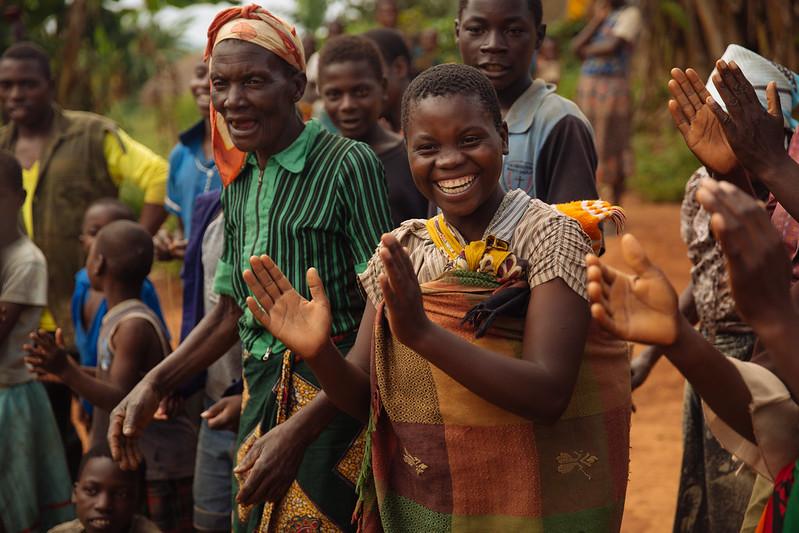Gender assessment study for improved fruit tree and macademia nuts value chains in Mzimba and Kasungu districts of Malawi

Despite modest gains over the last decades, Malawi remains one of the least developed countries in the
World, with a poverty headcount of 69.2% and a rank of 174 out of 189 on the Human Development Index.
Over 80% of its people reside in rural areas, where low input, rain-fed and small-scale maize farming
takes place on over 60% of cultivated land, confining smallholders to chronic poverty and food insecurity. The growing national and export markets for improved fruit (including mango) and macadamia nuts in Malawi could offer promising opportunities for smallholder farmers, if they are better integrated (with appropriate resources and training) within their respective value chains.
While the macadamia value chain is highly structured, export oriented and dominated by large estates, the mango and improved fruits value chains are underdeveloped, with poor organisation and very limited processing done in the country.
This impacts the extent smallholder farmers can be engaged in these value chains. Women, in
particular, have fewer opportunities to benefit than men due to local gender norms and barriers. These
range from labour roles, control of land, assets, and income, as well as lower agency at household and
collective organisation levels. It is critical to better understand the gender dynamics at different nodes
along the value chain and within the different local contexts, in order to design gender sensitive
interventions that will positively engage and empower women smallholders.
This brief presents the results and recommendations from a value chain gender assessment conducted
from April to July 2022 within rural communities in Mzimba and Kasungu districts. This study is part of
the Prioritizing Options for Women’s Empowerment and Resilience in Food Tree Value Chains in Malawi
(POWER) project.

